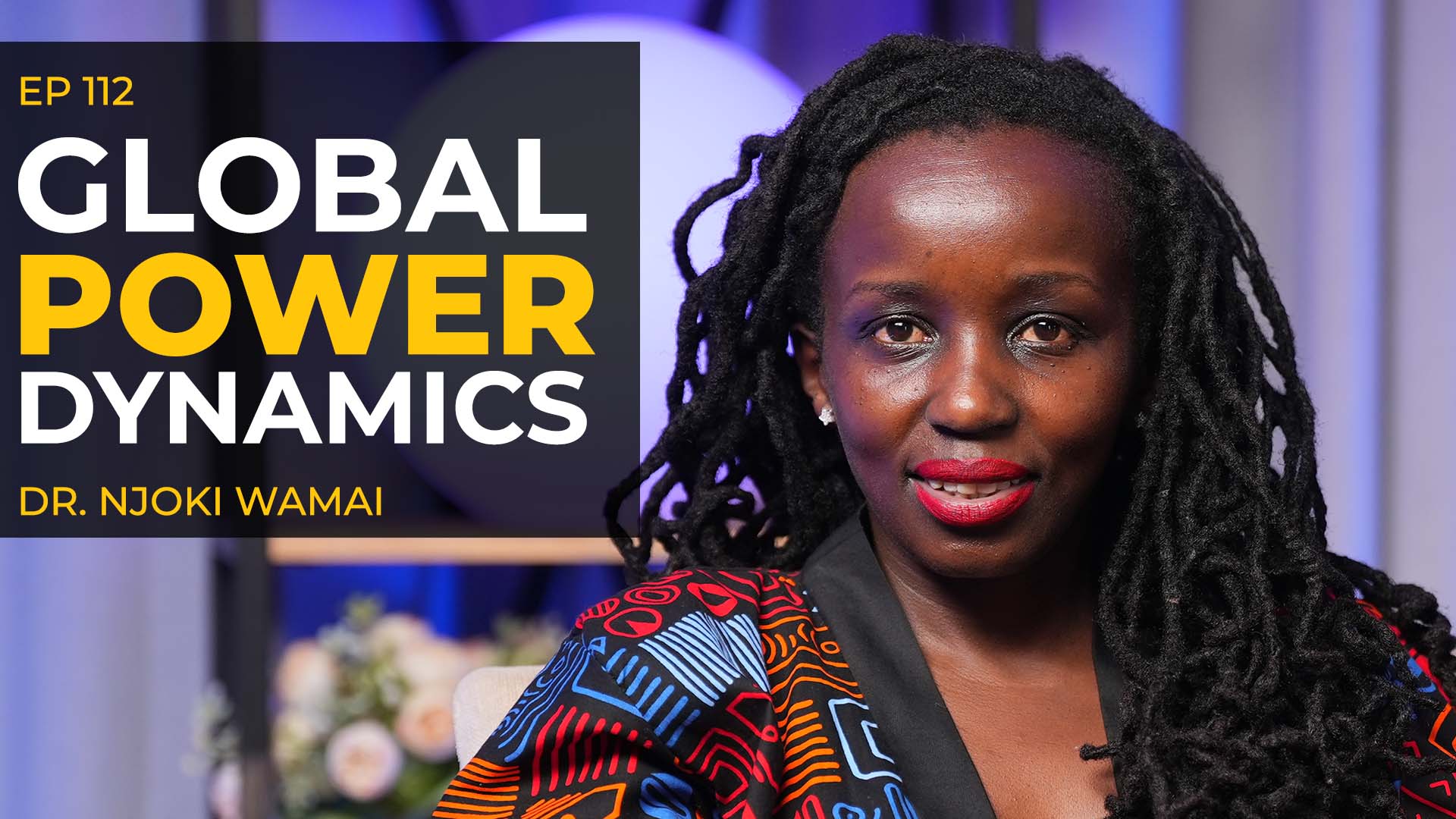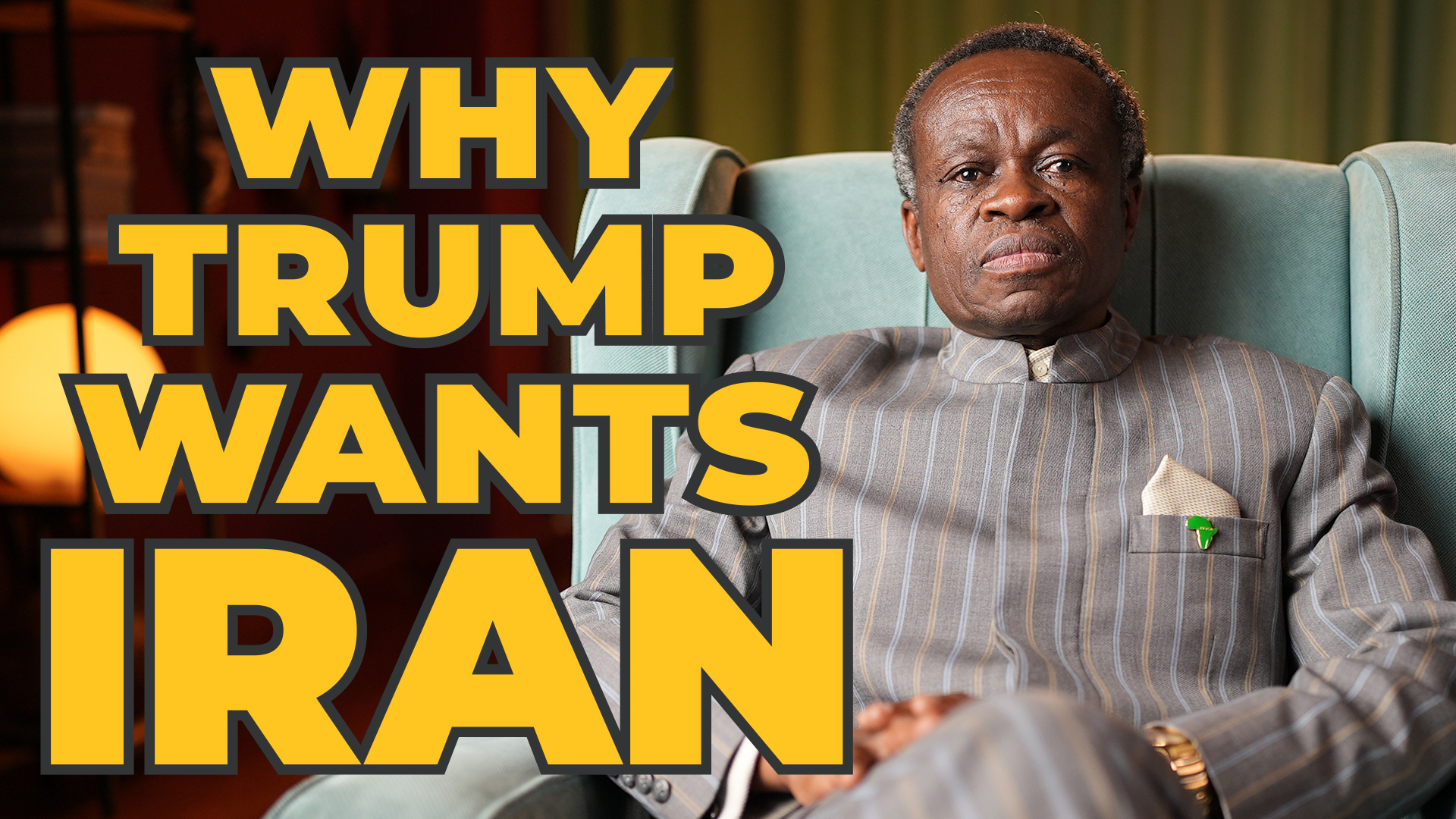By PLO Lumumba | LUMUMBA EXPLAIN
In an era where many African leaders remain beholden to former colonial powers, one name is capturing the imagination of a generation—Captain Ibrahim Traoré, President of Burkina Faso. At just 36, Traoré has emerged as a symbol of bold defiance, drawing parallels to the legendary Thomas Sankara, and sparking new debates about African sovereignty, democracy, and unity.
But is Traoré the beginning of a revolution—or simply the latest twist in Africa’s turbulent politics?
The Spirit of Sankara, Reignited
In 1983, Thomas Sankara came to power and swiftly transformed Upper Volta into Burkina Faso, “the land of upright men.” His leadership prioritized self-reliance, anti-imperialism, and Pan-African solidarity—values that cost him his life in 1987.
Today, many see Ibrahim Traoré as Sankara’s spiritual successor. His decision to cut ties with France, reject the CFA franc, and reclaim control over natural resources has made him a hero to many disillusioned Africans.
From Coups to Coalitions: The Sahel Awakens
Traoré’s rise wasn’t an isolated event. He came to power after a chain of military takeovers across the Sahel:
- Mali (2021)
- Burkina Faso (2022)
- Niger (2023)
These nations now form a new Sahelian Alliance, rejecting ECOWAS, forming a joint security pact, exploring a new currency, and even issuing a shared passport.
While the African Union calls these transitions “unconstitutional,” many citizens view them as necessary acts of rebellion against corrupt democracies that no longer serve the people.
The Ballot Has Failed the People
Lumumba argues that democracy, as imported from the West, has failed Africa. With most ballots printed abroad, manipulated elections, and leaders clinging to power through deceit, ordinary citizens no longer believe in the system.
“People are not rejecting democracy—they are rejecting fake democracy,” Lumumba says.
Russia: Friend or Strategic Ally?
The Traoré government has deepened relations with Russia, triggering panic in Western capitals. But Lumumba points out that Russia was never a colonizer, and in the Soviet era, it supported liberation struggles from Angola to South Africa.
Now, in a world defined by geopolitical rivalries, Burkina Faso sees Russia not as a master—but as a strategic ally.
What Traoré Is Actually Doing
Beyond the rhetoric, the Traoré administration is pursuing real reforms:
- Food sovereignty through household agriculture
- Education investment, even under limited budgets
- Natural resource reclamation from Western corporations
- Regional integration with Mali and Niger
- Rejecting Western dependency in favor of self-governance
These policies reflect the Sankarist philosophy reimagined for a new century.
The Warning: Symbols Must Serve the People
While Traoré enjoys massive support, Lumumba warns that symbols can become idols. Power is seductive, and history has shown how revolutionary leaders can lose their way.
“He must remain a servant of the people,” Lumumba insists. “The people must keep him on a short leash—because the moment a leader forgets why he rose, he falls.”
A New Dawn or a Dangerous Dream?
Africa stands at a crossroads. Will leaders like Ibrahim Traoré deliver a new model of people-centered governance? Or will they fall into the same traps of militarism and unchecked power?
One thing is clear: the Pan-African conversation has returned to the mainstream—and it’s being led not in Paris or Washington, but in Ouagadougou, Bamako, and Niamey.
🎧 Listen to the full episode here:
▶️ Watch on YouTube
#LumumbaExplain #IbrahimTraore #PanAfricanism #ThomasSankara #AfricaRising #Neocolonialism #SahelAlliance #AfricaUnity #RussiaAfrica





Leave a Reply